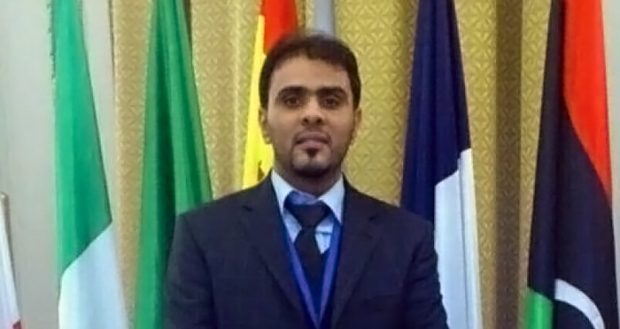
By Ahmed Elumami and Aidan Lewis
TRIPOLI/TUNIS (Reuters) – Libya’s U.N.-backed government has appointed a finance minister and deputy finance minister in a move it hopes will unlock crucial funding from the central bank and revive its flagging fortunes.
But the appointments by the Government of National Accord (GNA) are likely to anger powerbrokers in eastern Libya because they have not been approved by a rival parliament based there which does not recognise the authority of the GNA.
The GNA has struggled to secure and disburse funds since it arrived in Tripoli in March, hindering its attempts to end conflict and economic collapse in Libya that set in after the fall of Muammar Gaddafi five years ago.
The GNA leadership, known as the Presidential Council, said in a statement it was appointing Osama Saleh, aligned with eastern factions, as finance minister, and Abubakr al-Jafal as his deputy. It also named deputy ministers for local government and foreign affairs.
The nominations follow an international meeting on Libya in London last month that aimed to mend a dispute between the Presidential Council and the Central Bank of Libya (CBL) and to prevent further financial and political chaos.
Jafal is expected to be a key point of contact between the council and the CBL who can help to get payments signed off and disbursed, according to diplomatic sources briefed on recent negotiations, though it remains unclear exactly how that process will work.
During the London meeting the CBL agreed in principle to make 8.6 billion dinars ($6 billion) available to the council, including 5 billion for public salary payments, 800 million dinars for electricity credits, 600 million dinars for the National Oil Corporation (NOC), Libya’s Audit Bureau has said.
OIL
Eastern factions, who dismissed the London meeting as a unilateral move, back a rival branch of the CBL based in eastern Libya, though it is the CBL in Tripoli that receives the oil revenues that make up almost all of Libya’s income.
Oil production has doubled to around 600,000 barrels per day (bpd) since September after forces loyal to eastern commander Khalifa Haftar seized several blockaded oil ports and allowed the NOC to reopen them.
But output remains far below the 1.6 million bpd Libya was producing in 2011 and recent production gains are seen as fragile without any political deal.
The GNA, the result of a U.N.-mediated deal signed last December, is supposed to replace rival governments set up in Tripoli and eastern Libya in 2014.
But it has not managed to secure the endorsement of the powerbrokers in the east and has also lost support in western Libya over its inability to resolve a cash crisis and deal with insecurity and failing public services.
A group of mediators convened by the United Nations called last Friday for the eastern parliament to formally adopt the December deal and for the Presidential Council “to improve its performance to address the stifling security, social and economic problems that face Libyan citizens across the country”.
(Writing by Aidan Lewis; Editing by Gareth Jones)